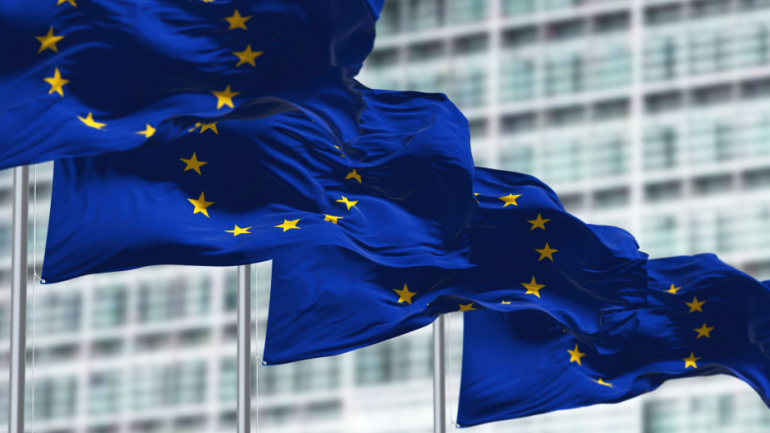Vonage, a prominent player in cloud communications and a subsidiary of Ericsson (NASDAQ: ERIC), has clinched the prestigious Gold Award for its 5G advancements at the Merit Awards for Telecom. The accolade highlights Vonage’s commitment to fostering digital transformation through its global network platform.
KPN, a leading telecom operator, recently announced its plan to retire 2G network by 2025, opening the frequency gates to bolster the reliability and speed of its 4G & 5G networks.
In a stark warning delivered at a regional investment banking conference in Tallinn, Estonia, Ericsson CEO Börje Ekholm highlighted Europe’s precarious position in the global telecom arena. Emphasizing the urgent need for regulatory reform and innovation prioritization, Ekholm cautioned that Europe’s telecom industry is trailing far behind its counterparts in the US, China, and India.
Telecom leaders discussed the challenge of monetizing 5G. Vodafone’s ‘The Great British Telecoms Switch’ campaign offers BT customers savings and compensations to switch providers. A Pew Research Center survey found U.S. teens have a complex relationship with smartphones. Verizon’s report shows a 129% rise in mobile network traffic over 5 years. Iliad aims to become the fifth-largest mobile operator in Europe by 2024.
Internet connectivity in West Africa is in a fragile state due to substantial damage to critical undersea cables resulting in limited or non-existent service in regions including Ivory Coast, Liberia, and Benin. The impact is reportedly extreme, with ripple effects reaching as far as South Africa. Telecom giants MTN and Vodafone linked the disruptions to these cable issues.
In an ambitious move, the Indian government has announced its plans to hold a mobile spectrum auction in May, eyeing a starting bid of nearly US$12 billion. Despite the high hopes tied to this event, experts remain skeptical about its success, given the tepid interest expected from the country’s telecom operators.
Austrian mobile operator, Spusu, underscores its commitment to human-led customer service, asserting the decision as a response to positive customer feedback. Meanwhile, contrasting strategies are evident, as Vodafone pioneers AI-based customer service technology.
TalkTalk has surged ahead to become the UK’s largest retail fibre broadband provider, boasting a service reach to over 15 million premises, edging out competitors like Vodafone and Zen Internet in the race for the broadest fibre network. This expansion has positioned TalkTalk at the forefront of the UK’s digital infrastructure landscape, despite facing operational hiccups.
As debate swirls around potential alterations to EU telecom sector merger regulations, European Commissioner Margrethe Vestager maintains her stance. Even with industry pressure for a shakeup due to challenges like 5G rollouts and shrinking profit margins, she insists on preserving existing rules.
In an ambitious move to enhance mobile connectivity across Japan, Rakuten Mobile has announced its plan to offer satellite-to-mobile services by 2026, partnering with AST SpaceMobile. This initiative aims to leverage AST SpaceMobile’s space-based cellular broadband network, enabling direct access to smartphones for text messaging, voice, and data services.













